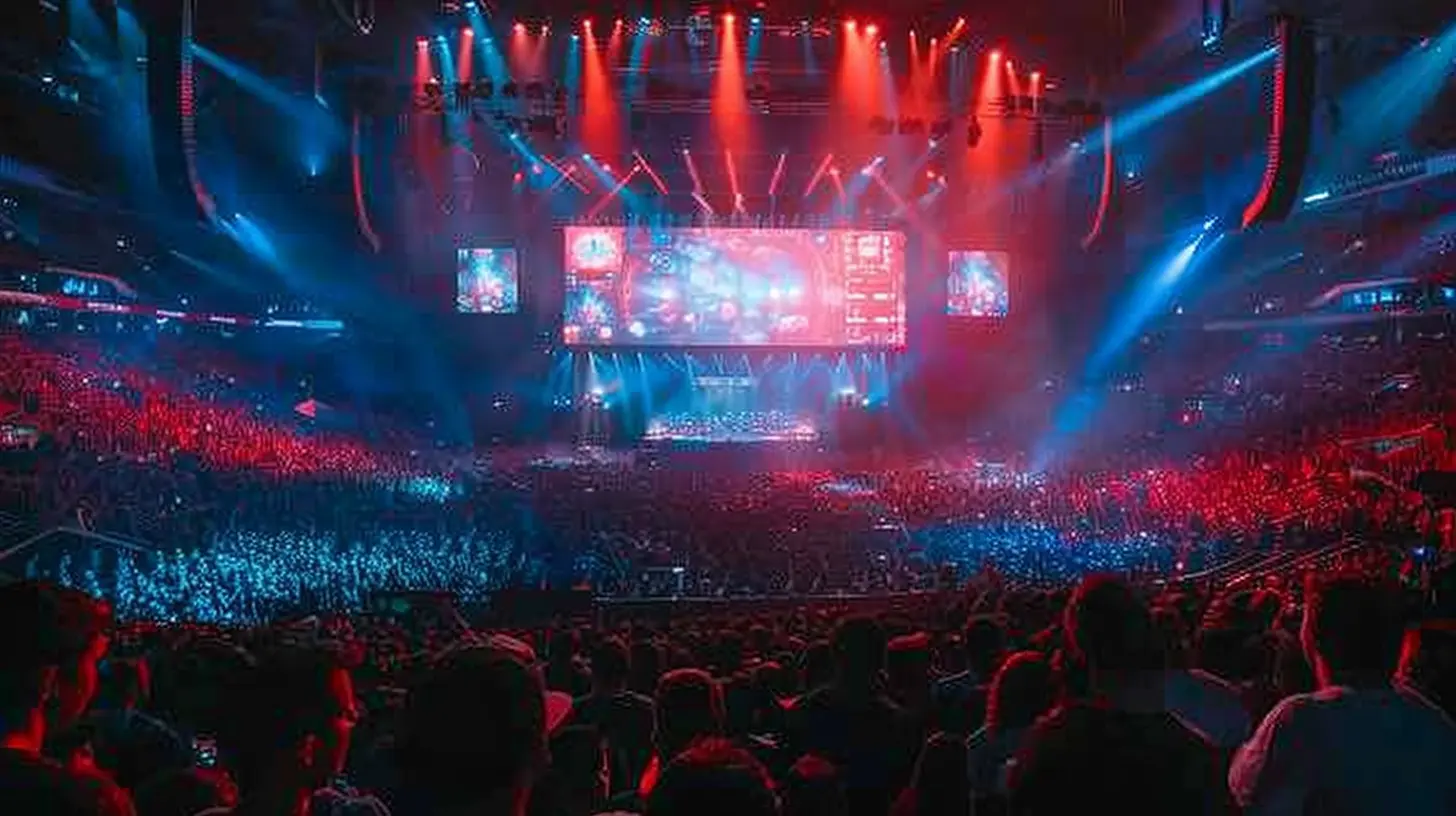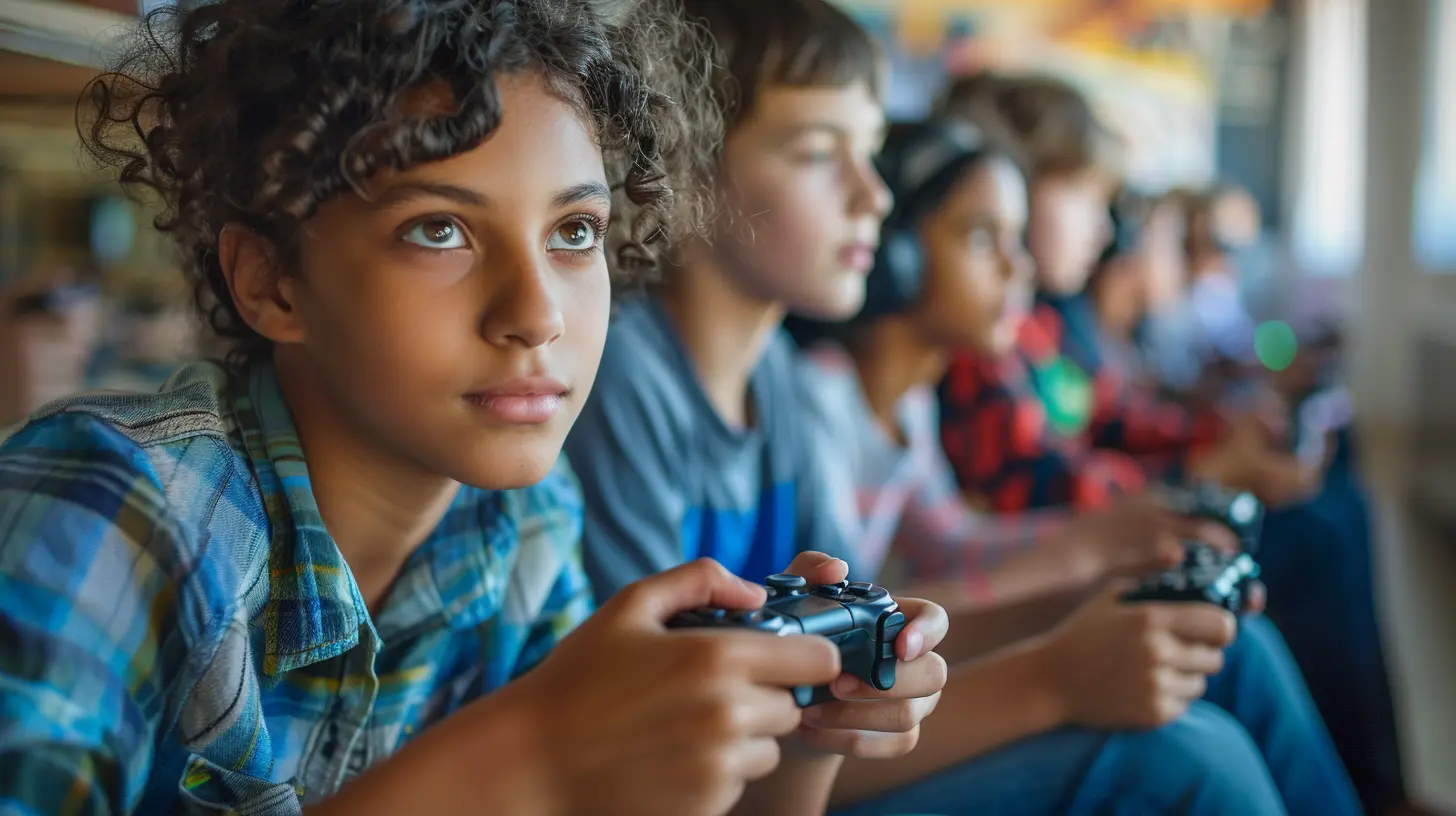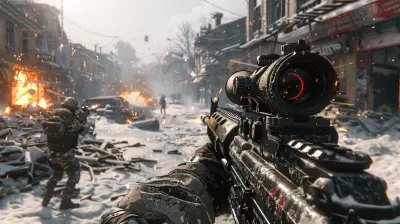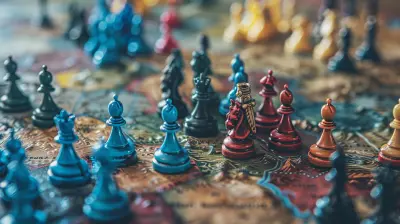Exploring the Cultural Impact of E-Sports on Youth Globally
27 May 2025
In the past couple of decades, something extraordinary has been happening. Sports are no longer confined to physical arenas, roaring stadiums, and grassy fields. They've transcended into the digital world, creating a phenomenon we now know as e-sports. Whether it’s a casual gamer from Seoul pulling an all-nighter or a teenager in Los Angeles dreaming of one day lifting the Summoner’s Cup, e-sports have undeniably transformed youth culture on a global scale. But what is it about these virtual battlegrounds that has captivated today’s youth? Let's dive in and break this down.
The Rise of E-Sports: More Than Just "Playing Video Games"
At this point, you’ve probably heard someone say, “Wait, people actually get paid to play video games?” Oh, absolutely! E-sports, short for electronic sports, have grown from niche communities into a billion-dollar industry. Fans now fill entire arenas to watch their favorite players go head-to-head, much like they would for a basketball or soccer game.Gaming has always been popular, but e-sports take it to another level. It’s no longer just a hobby; it's a career, an entertainment medium, and for many, a lifestyle. For the youth, it represents something much bigger—a place to belong, grow, and aspire to. And that’s pretty powerful, isn’t it?
A New Level of Connectivity Among Youth
One of the coolest things about e-sports is how it connects people. Gaming communities are truly borderless. A teenager from Brazil can team up with someone from Sweden, strategize with them, celebrate victories, and commiserate over crushing defeats—all from the comfort of their bedroom.Think about it: in an era where social media often gets blamed for creating superficial relationships, e-sports bring a level of depth that’s hard to match. Team-based games like League of Legends, Dota 2, and Valorant teach players how to communicate effectively, collaborate under pressure, and build relationships with people from entirely different countries and cultures. Isn’t that the kind of global citizenship we want the next generation to embrace?
A Shift in Role Models: From Athletes to Gamers
Remember when kids used to look up to football stars and track legends? While traditional athletes still hold plenty of clout, professional gamers are becoming the new icons for millions of young people. Names like Faker, Ninja, and PewDiePie are just as well-known to today’s youth as Messi or LeBron James.What makes e-sports pros so relatable? For starters, many of them started out just like their fans—playing games in their pajamas late at night, grinding through the ranks. Unlike traditional sports, where physical prowess often plays a significant role, e-sports focus on strategy, quick reflexes, and teamwork—skills that are universally accessible. That relatability creates an aspirational ladder that feels less daunting for young fans. After all, if they can do it, why can’t I?
The Educational and Skill-Building Side of E-Sports
Here’s a fun fact: e-sports aren't just about mindlessly clicking buttons. Beneath the surface, players are developing some pretty impressive skills. Reaction time, problem-solving under pressure, multitasking—you name it.And it’s not just the players themselves who benefit. Schools and universities are starting to catch on, offering e-sports scholarships and even incorporating gaming into their curriculum. Programs are popping up that teach everything from game design to the business of running an e-sports team. It’s wild to think that what some adults once dismissed as a “waste of time” is now a legitimate educational opportunity.
Even beyond academics, we’re seeing e-sports cultivate essential life skills. Time management, discipline, and resilience are just a few of the traits players develop while balancing their gaming pursuits with everyday life. Tell me that’s not a win-win situation!
Bridging Cultures Through Competitive Gaming
You’d be surprised how e-sports have managed to build bridges across cultures. Major international tournaments like The International (Dota 2) or The League of Legends World Championship draw competitors and fans from every corner of the globe. These events don’t just showcase who’s the best—they also highlight the diversity within the gaming community.For instance, imagine a South Korean team squaring off against a group from Europe. Sure, they might not speak the same language fluently, but they speak the universal language of the game they’re playing. E-sports show us that while cultural differences exist, shared passions can bring people together in ways that transcend traditional barriers. It’s like a digital version of the United Nations—minus the suits and politics.
Addressing the Elephant in the Room: Concerns About E-Sports
Of course, not everything about e-sports is sunshine and rainbows. As with anything else, the massive popularity of gaming has raised a few eyebrows. Concerns about screen addiction, lack of physical activity, and mental health are valid topics that deserve attention.But let’s flip the script for a second. Instead of painting gaming as "the bad guy," how about we view it through a balanced lens? Just as you wouldn’t let a kid play soccer for sixteen hours straight, there’s a growing emphasis within the e-sports community on moderation and wellness. Organizations and even pro gamers are now advocating for regular exercise, proper sleep, and mental health breaks.
What's more, parents and educators are increasingly finding ways to guide responsible gaming habits rather than outright banning it. After all, isn’t it better to teach balance than to completely shut the door on something their kids are passionate about?
E-Sports as a Career Path: A Dream Turned Reality
Here’s the kicker—not every kid who’s into e-sports wants to become a professional gamer. And that’s fine! The e-sports ecosystem is so vast that it offers an entire range of career opportunities. Shoutcasters (think sports commentators but for gaming), streamers, graphic designers, game developers, team managers, and even psychotherapists specializing in gamer performance... the list is endless.For today’s youth, e-sports present a future filled with possibilities. It’s like opening a treasure chest of new job roles that didn’t exist a decade ago. How exciting is that?
The Social Side of E-Sports: Making Friends, Finding Your Tribe
Let’s face it: adolescence can be tough. It’s a time when many kids are searching for their identity, their community, their interests. E-sports can act as that anchor. Whether it’s through local gaming meetups, online clans, or participating in Twitch chats, gaming provides a space for young people to connect. It’s a bit like joining a sports team or a drama club—only digital.For those who might not excel in traditional pursuits, gaming offers an alternative outlet to shine and feel valued. It’s an inclusive space where skills rather than appearances or backgrounds take center stage. How cool is that?
Conclusion: E-Sports, A Cultural Revolution for the Modern Age
There’s no denying it—e-sports have gripped the hearts and minds of youth all over the world. Whether it’s fostering global connections, offering educational opportunities, or creating a platform for self-expression, the impact of e-sports on today’s generation runs deep. Sure, challenges exist, but what doesn’t come with its share of hurdles?As e-sports continue to grow, they’re shaping not just how we view gaming but also how we build communities, understand cultures, and envision the future. And if that’s not a cultural revolution, I don’t know what is.
all images in this post were generated using AI tools
Category:
E SportsAuthor:

Madeleine McCaffrey
Discussion
rate this article
3 comments
Zaren Blevins
E-sports: shaping youth culture while blurring the lines of reality.
June 5, 2025 at 4:17 PM

Madeleine McCaffrey
E-sports indeed play a significant role in shaping youth culture by fostering community, influencing social interactions, and creating new avenues for identity exploration, all while challenging traditional perceptions of reality and engagement.
Natasha McIntosh
Great insight! E-sports truly shape youth culture and global connections today.
June 4, 2025 at 4:03 AM

Madeleine McCaffrey
Thank you! I'm glad you found the insights valuable. E-sports indeed play a significant role in shaping culture and fostering connections among youth worldwide.
Hazel McConnell
E-sports transcend mere entertainment; they foster global community, enhance teamwork skills, and challenge traditional notions of success among youth. By bridging cultures and promoting inclusivity, they reshape identity and aspirations in an increasingly digital world.
May 27, 2025 at 3:26 AM

Madeleine McCaffrey
Thank you for your insightful comment! I fully agree that e-sports serve as a powerful platform for community building, skill development, and cultural exchange among youth in our digital age.



